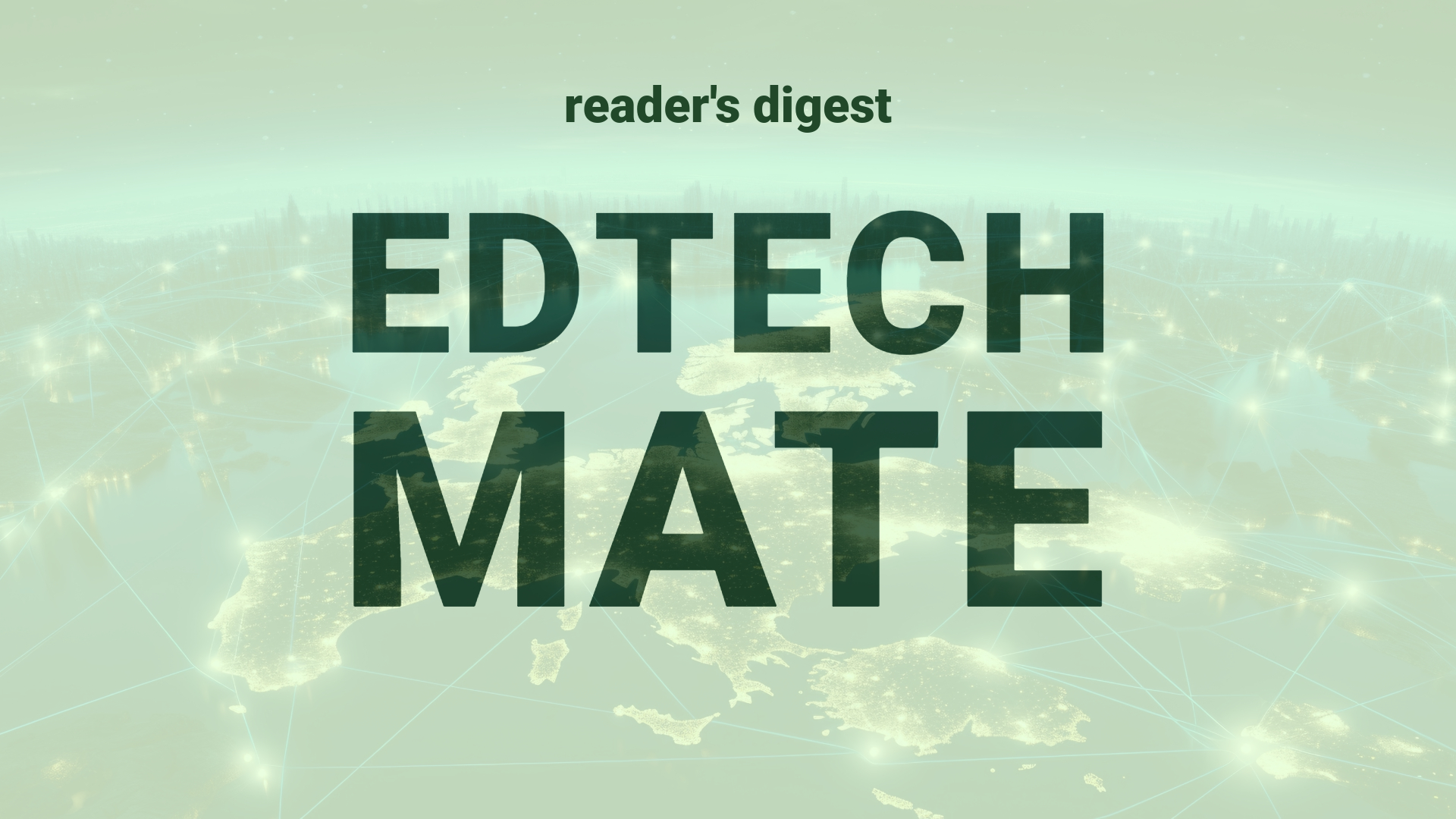Executive Summary and Main Points
Despite geopolitical and economic uncertainties, consumer spending shows resilience, with the exception of the eurozone. Consumer confidence is wavering globally but demonstrates modest positivity in Brazil. Retail and food service sales in the US have seen an increase, yet other economies like Russia and India present more complex scenarios. Despite national elections stirring unease about political transitions, executives report improved confidence in global economic conditions since late 2023. Inflation is easing across advanced economies and remains controlled in emerging markets. Agriculture prices are declining while certain commodity costs remain high. Unemployment rates vary significantly across different countries and reflect unique economic contexts. Some equity markets see positive gains, and trade balances are adjusting with varied performance across nations.
Potential Impact in the Education Sector
In the context of global higher education, these economic trends may stimulate changes in financing, student mobility, and institutional planning. Resilient consumer spending can translate into steady or increased investments in educational technologies, driving digital innovation in Further and Higher Education. The reported consumer confidence may influence students’ willingness to invest in international education or micro-credentials. Countries displaying economic stability and growth, such as India, might attract international partnerships and drive forward strategies integrating digital tools, in line with widening access to education globally.
Potential Applicability in the Education Sector
Higher education institutions can harness AI and digital tools to enhance learning experiences, operational efficiency, and global outreach. By adapting AI-driven analytics, universities could offer personalized learning pathways, accelerating the adoption of micro-credentials. As consumer confidence varies internationally, institutions should tailor their marketing initiatives to address regional economic climates, potentially influencing students’ educational choices. Digital platforms facilitating cross-border educational engagements could emerge stronger, promoting transnational research partnerships and student exchanges more aligned with the digital transformation era.
Criticism and Potential Shortfalls
Critically, economic oscillations impact the affordability and access to higher education. Disparities between global regions could exacerbate educational inequalities. The reliance on technology raises concerns over digital divides, especially in lower-income economies. When adopting AI in education, ethical considerations, including data privacy and potential biases in machine learning algorithms, must be scrutinized. Cultural factors also play a significant role in adapting digital innovations, impacting their success across different societies. Comparative case studies, such as the varying effects of economic pressures on student recruitment in the US and the UK, expose the complex web of factors affecting global education dynamics.
Actionable Recommendations
Strategically, international education leadership should leverage digital tools to expand access and adapt to evolving trends in consumer habits. Initiatives may include:
– Investing in scalable online platforms to offer flexible and affordable pathways to education, suitable for geographically and economically diverse student bodies.
– Forming strategic global partnerships supporting knowledge exchanges and joint programs sensitive to different economic conditions and educational needs.
– Implementing AI-driven career and academic advisory services, aligning student training with labor market needs in fluctuating economies.
– Promoting micro-credentials that cater to lifelong learners, integrating these with formal degrees to enhance employability in a changing job landscape.
– Prioritizing ethical considerations and inclusivity when deploying digital tools, ensuring equitable access and culturally sensitive educational practices
Source article: https://www.mckinsey.com/capabilities/strategy-and-corporate-finance/our-insights/global-economics-intelligence-executive-summary-march-2024

